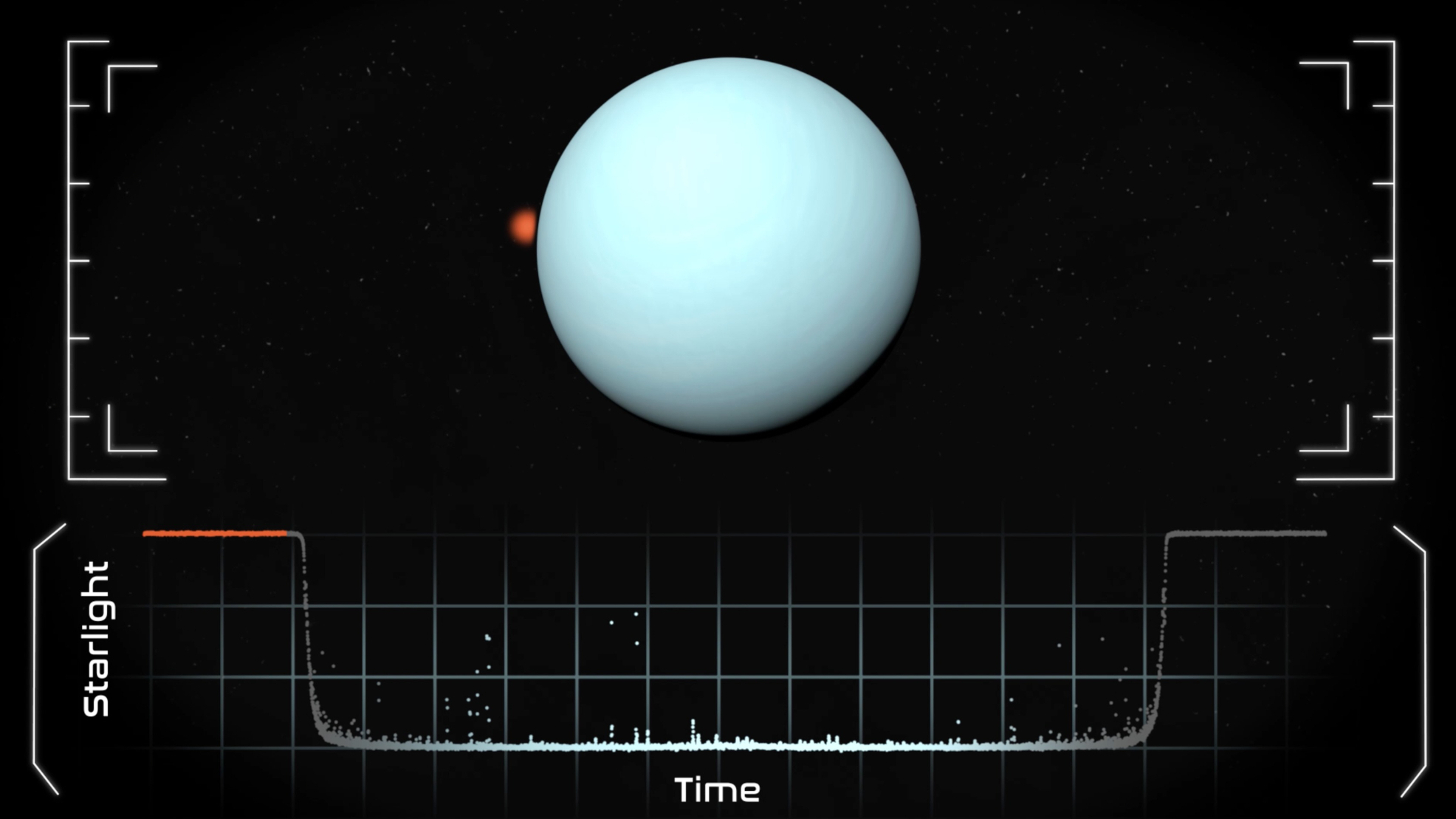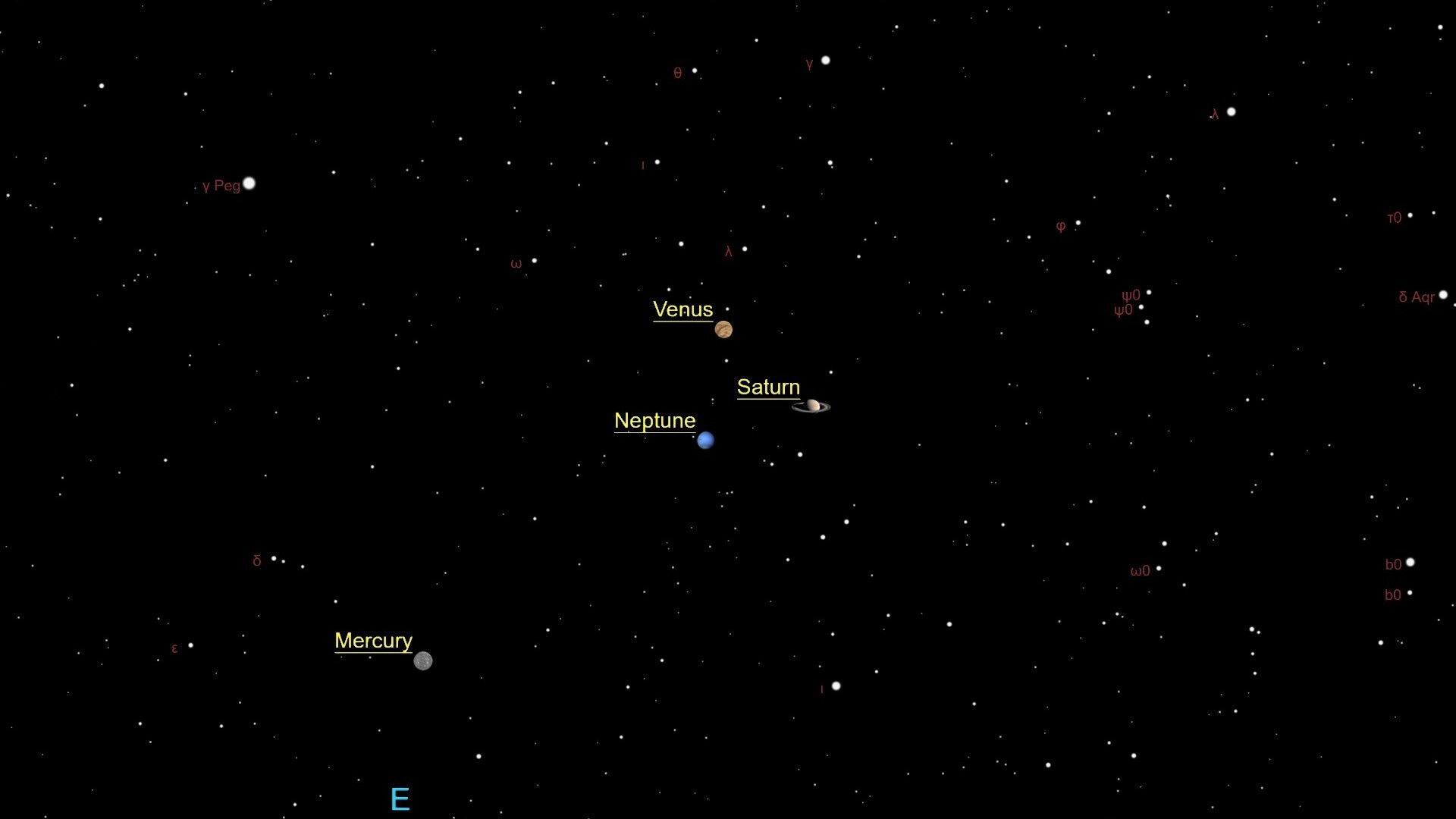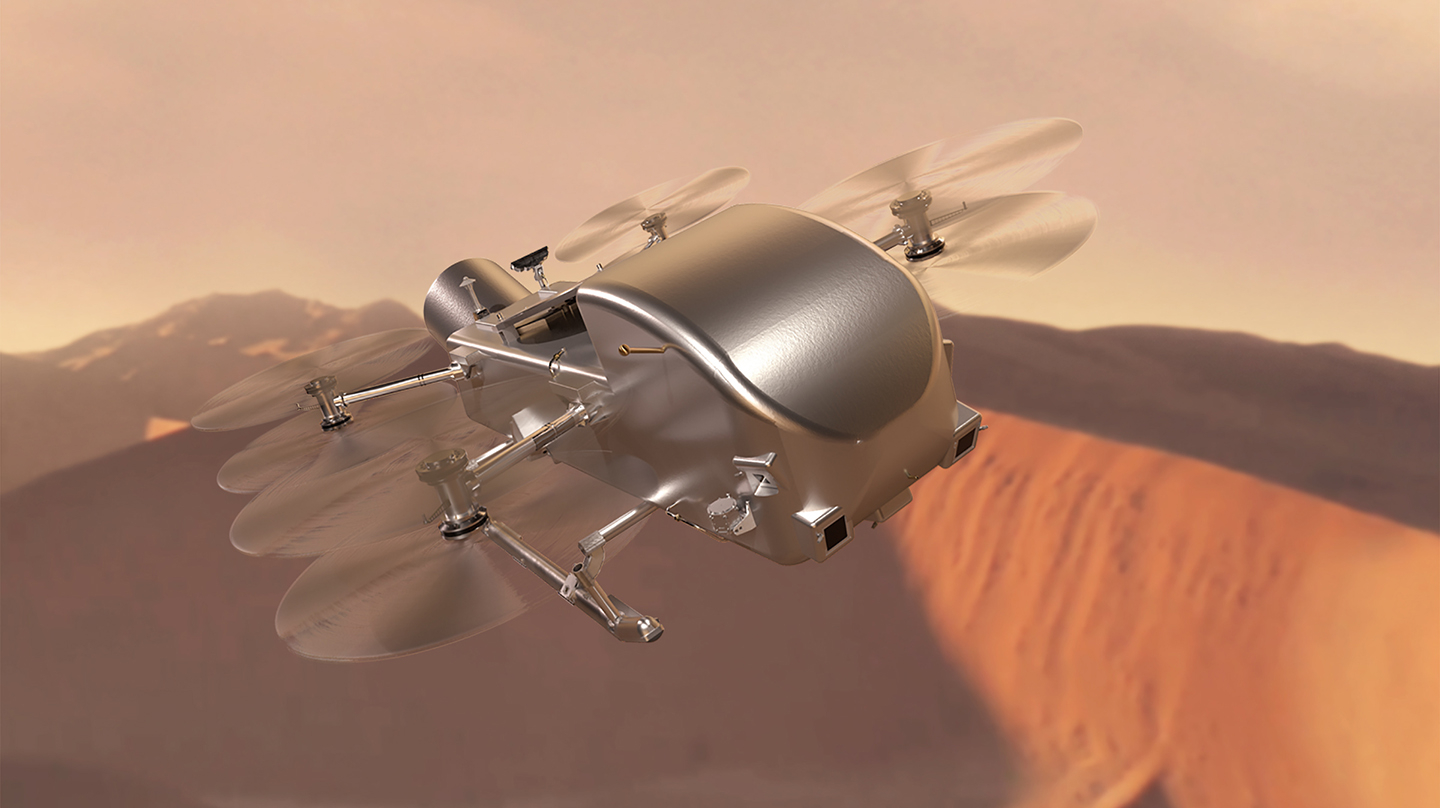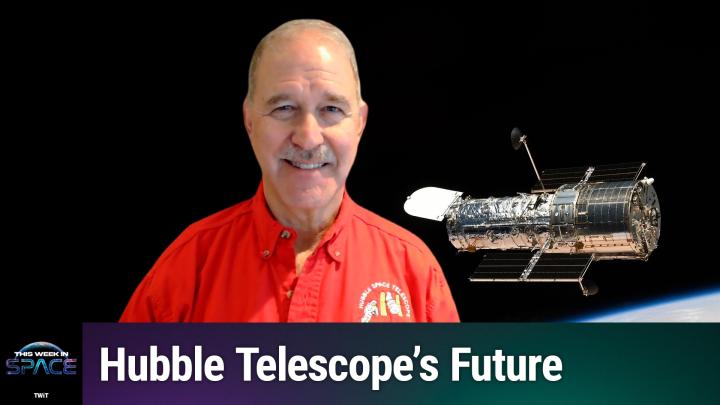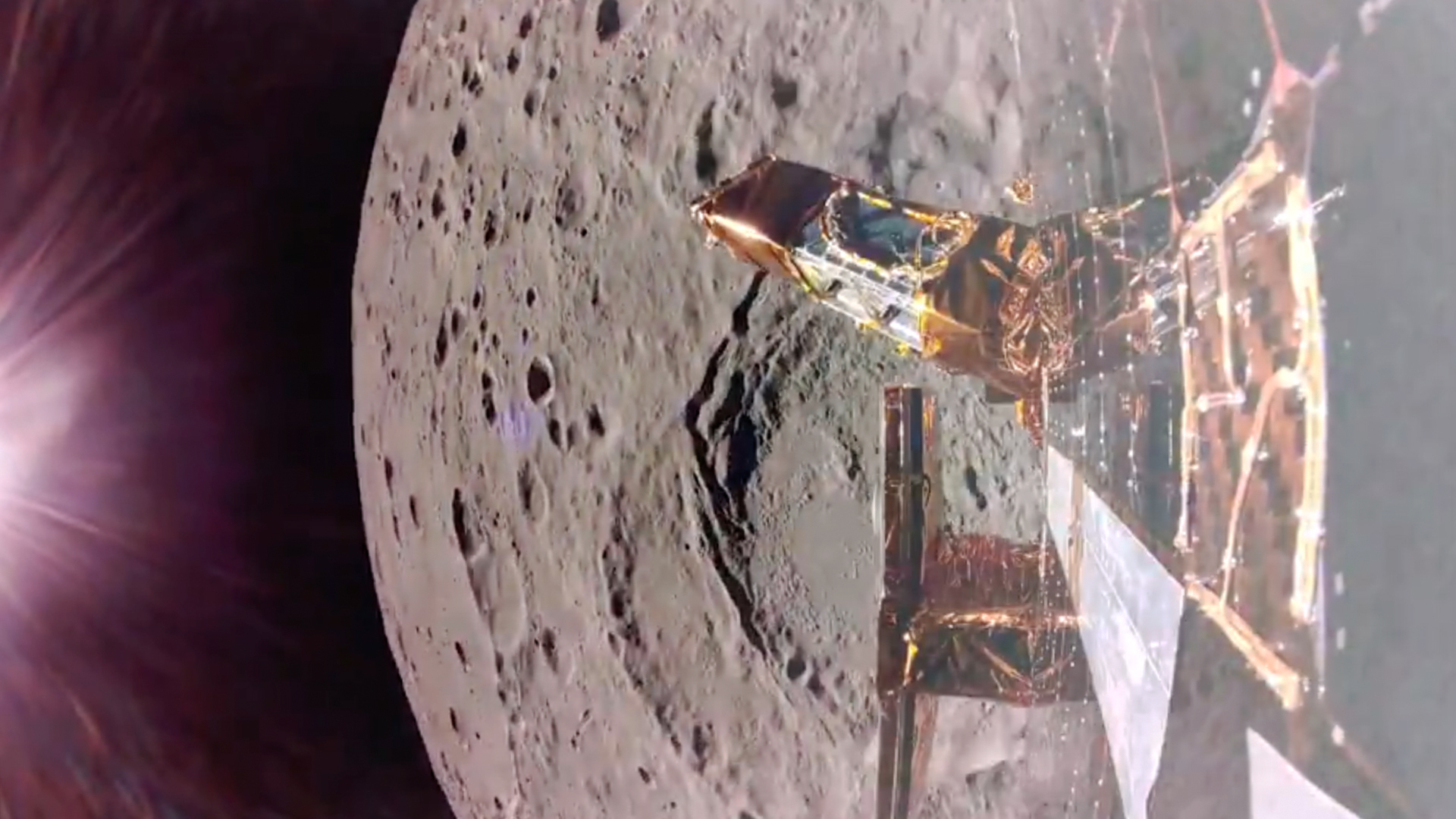Indian experiment module falls from space and crashes into ocean, but it's all according to plan
India's POEM-4 experiment module burned up and fell into the Indian Ocean to avoid becoming space debris.
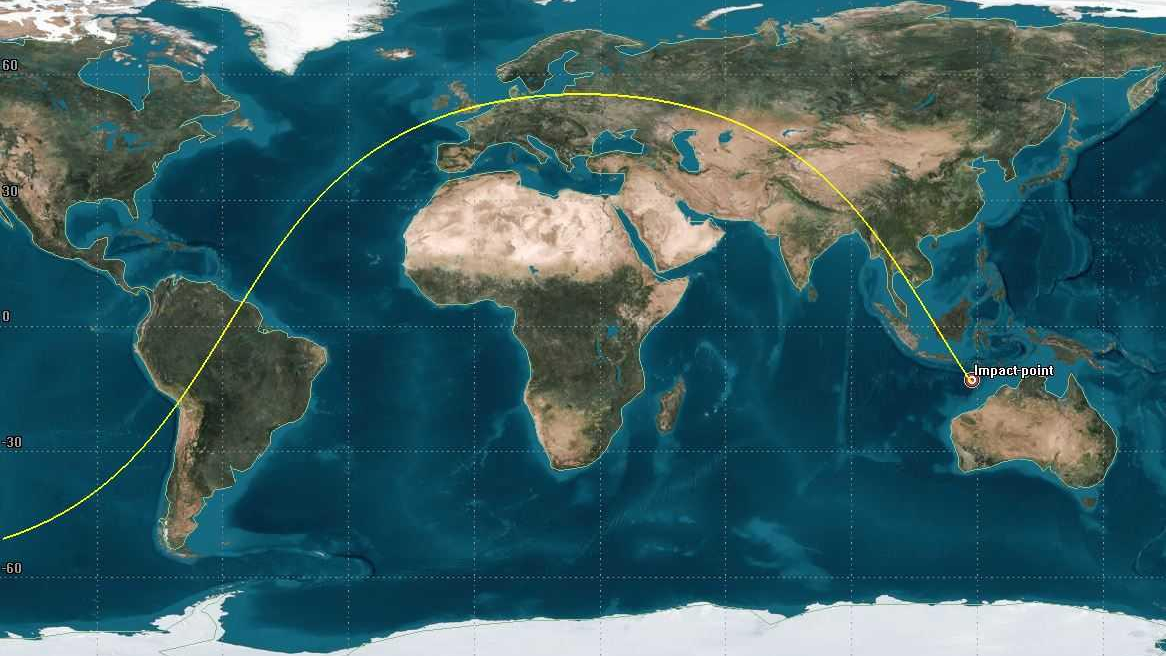
An Indian experiment module fell out of space and crashed into the Indian Ocean in recent days, just months after launching into orbit, but it wasn't because of a failure, Indian space officials said.
The Indian Space Research Organisation (ISRO) on April 4 confirmed that its PSLV Orbital Experimental Module 4 (or POEM-4) was intentionally destroyed to mark the end of its successful mission.
The experiment platform launched into space on Dec. 30 on an ISRO Polar Satellite Launch Vehicle as part of the country's Space Docking Experiment mission, also known as SPADEX.
"During its mission life, POEM-4 hosted altogether 24 payloads (14 payloads from ISRO and 10 from various [non-government entities]) and all payloads worked as expected yielding valuable science data," ISRO officials wrote in a statement. The Space Docking Experiment mission, which demonstrated India's first-ever autonomous docking in space, was also a success.
ISRO deorbited the POEM-4 module, which was attached to the upper stage of its PSLV rocket, so it didn't become a space debris hazard in orbit. Flight controllers directed the rocket stage to maneuver into a collision course with the Indian Ocean, then vent off any remaining propellant to avoid an accidental explosion or breakup during reentry. It officially fell out of space at 8:03 a.m. Indian Standard Time on April 4 (0233 GMT; 9:33 p.m. April 3 EDT).
"The safe reentry of POEM-4 is yet another accomplishment to ISRO’s commitment to contain the growth of space debris, reaffirming the prominent role of ISRO in the long-term sustainability of outer space environment and Debris Free Space Mission," ISRO officials said.
Get the Space.com Newsletter
Breaking space news, the latest updates on rocket launches, skywatching events and more!
Join our Space Forums to keep talking space on the latest missions, night sky and more! And if you have a news tip, correction or comment, let us know at: community@space.com.

Tariq is the Editor-in-Chief of Space.com and joined the team in 2001, first as an intern and staff writer, and later as an editor. He covers human spaceflight, exploration and space science, as well as skywatching and entertainment. He became Space.com's Managing Editor in 2009 and Editor-in-Chief in 2019. Before joining Space.com, Tariq was a staff reporter for The Los Angeles Times covering education and city beats in La Habra, Fullerton and Huntington Beach. In October 2022, Tariq received the Harry Kolcum Award for excellence in space reporting from the National Space Club Florida Committee. He is also an Eagle Scout (yes, he has the Space Exploration merit badge) and went to Space Camp four times as a kid and a fifth time as an adult. He has journalism degrees from the University of Southern California and New York University. You can find Tariq at Space.com and as the co-host to the This Week In Space podcast with space historian Rod Pyle on the TWiT network. To see his latest project, you can follow Tariq on Twitter @tariqjmalik.
You must confirm your public display name before commenting
Please logout and then login again, you will then be prompted to enter your display name.
